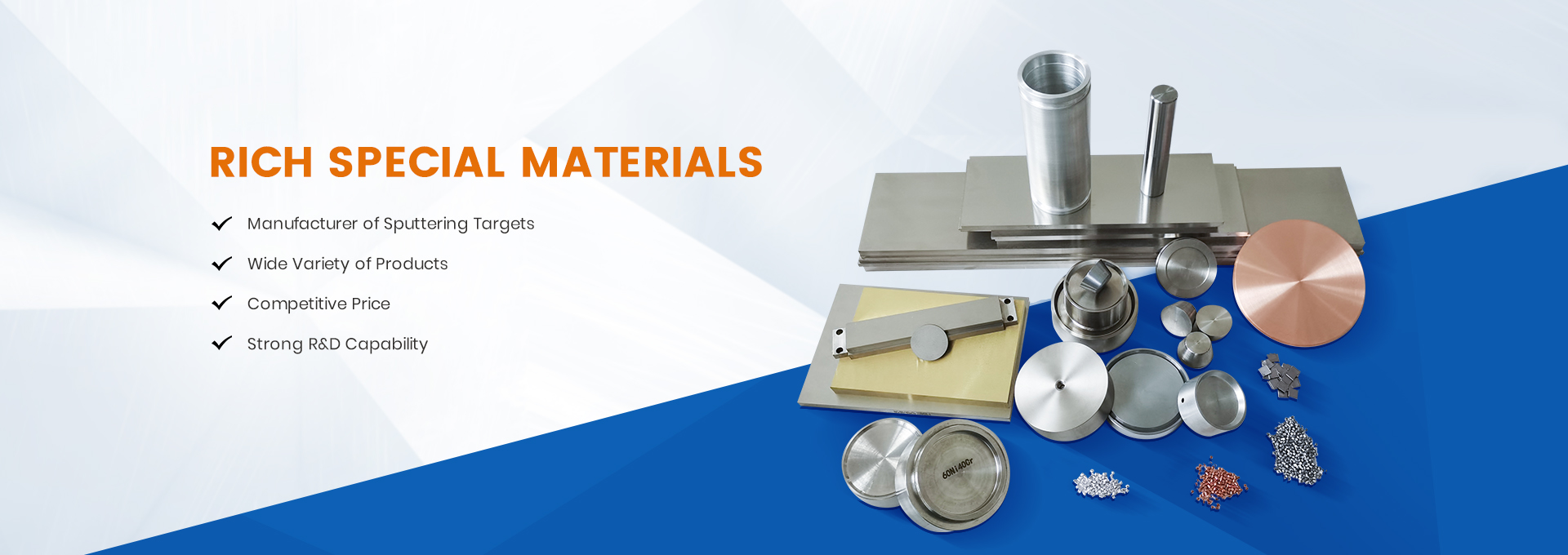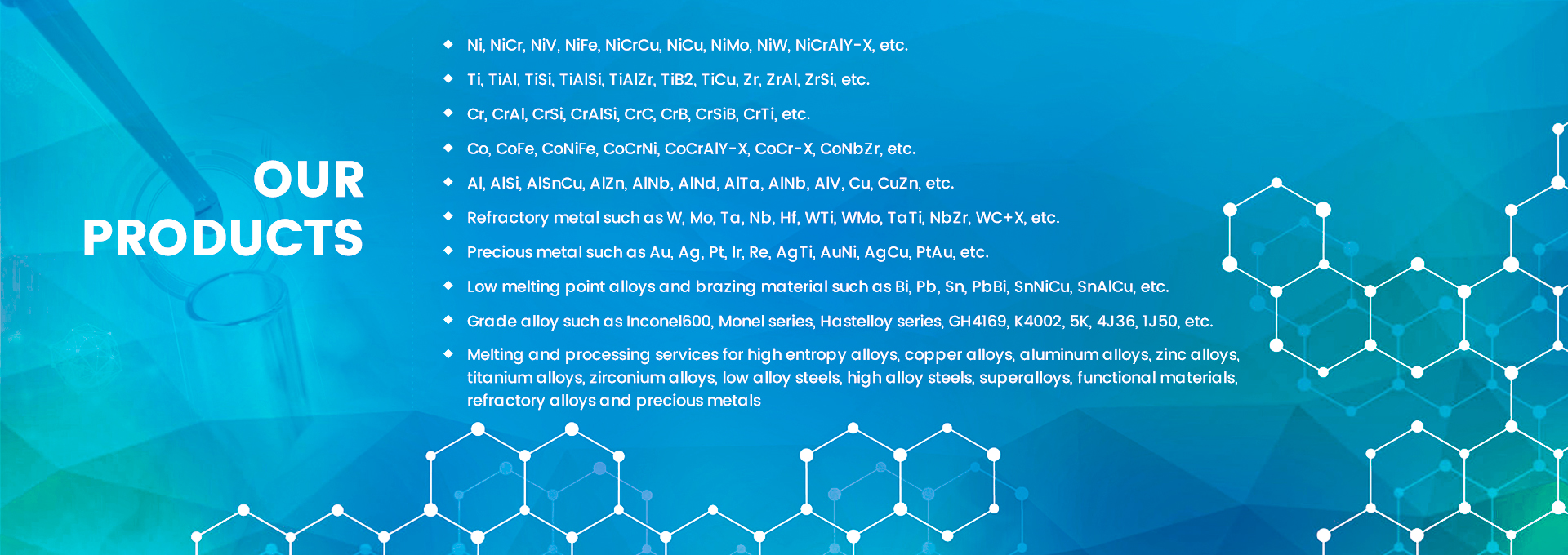What Are High-Entropy Alloys?
High-entropy alloys (HEAs) are alloys composed of five or more principal elements in equal or near-equal atomic proportions. Unlike traditional alloys, the multi-principal element nature of high-entropy alloys endows them with unique microstructures and exceptional properties. For example, their high mixing entropy effect tends to form simple solid solution structures, such as face-centered cubic (FCC) or body-centered cubic (BCC).
Why Are High-Entropy Alloys Gaining Attention?
High-entropy alloys excel in strength, hardness, corrosion resistance, and high-temperature stability. Specifically, certain HEAs can maintain stable mechanical properties at 1000°C (Source: Nature Materials, 2021). Counterintuitively, despite their complex composition, their microstructure is relatively simple.
Application Potential
From aerospace to medical devices, high-entropy alloys have broad application prospects. For instance, in the aerospace industry, they can be used to manufacture high-temperature, high-strength turbine blades.
Comparison Between High-Entropy Alloys and Traditional Alloys
| Item | High-Entropy Alloys | Traditional Alloys |
|---|---|---|
| Composition | 5 or more elements | 1-2 principal elements |
| Microstructure | Simple solid solution | Complex phase structure |
| Performance | High strength, high corrosion resistance | Single performance |
| Cost | Higher | Lower |
How to Prepare High-Entropy Alloys? (Step-by-Step Guide)
1.Composition Design: Select 5 or more elements, ensuring near-equal atomic proportions.
2.Melting: Use vacuum arc melting or induction melting.
3.Forming: Create blanks through casting or hot pressing.
4.Processing: Perform machining, such as turning or grinding.
5.Surface Treatment: Polish and clean to ensure a smooth surface.
Common High-Entropy Alloys and Their Characteristics and Applications
| Alloy | Main Characteristics | Typical Applications |
| CoCrFeMnNi | High ductility, low-temperature performance | Aerospace, cryogenic engineering |
| AlCoCrFeNi | High strength, high-temperature resistance | High-temperature coatings, wear-resistant parts |
| CoCrFeNiTi | High hardness, corrosion resistance | Chemical equipment, mechanical parts |
| AlCoCrCuFeNi | Excellent comprehensive performance | Functional films, conductive coatings |
| NbMoTaW | High melting point, creep resistance | High-temperature alloys, nuclear reactor materials |
| ZrTiHfNbTa | Biocompatibility, corrosion resistance | Medical devices, nuclear industry |
| CoCrFeNiMo | High hardness, wear resistance | Wear-resistant coatings, corrosion-resistant materials |
| AlCrFeCoNiCu | Electrical conductivity, corrosion resistance | Electronics industry, catalytic materials |
With their unique properties and broad application prospects, high-entropy alloys have become a research hotspot in materials science. In the future, as technology continues to advance, they will play a significant role in more high-end manufacturing and functional material fields.
Post time: May-30-2025






